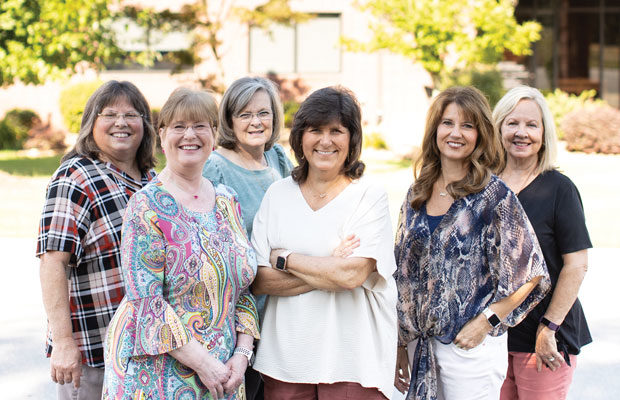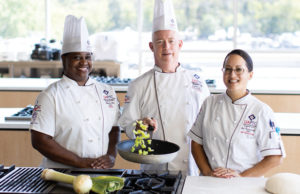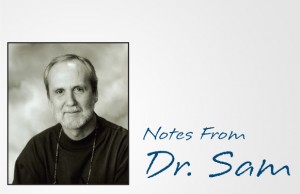A Message Worth Hearing

Leaves crushing, waves crashing, babies crying, choirs singing—all these things are enjoyed through hearing, one of the most invigorating human senses. In fact, humans develop this sense very early on. By about the 18th week of fetal development, a baby’s ears start to hear things like the mother’s heartbeat. By week 29, they start to hear things outside of their mother’s body such as voices, and by the time they are full-term, they have the capability of hearing at the same level as an adult.
We all come to love (and loathe) different sounds as we grow into adulthood. Aside from speech and hearing to help us communicate, our sense of sound gives us comfort. We can be easily soothed through a favorite song or the various melodies of the natural world.
To help nurture and care for our hearing so we can fully enjoy this wonderful human sense, there are businesses like Saline Audiology. The ability to hear and understand to the best of one’s ability is what the clinic strives to give all patients so they can experience the sounds of life.
Founded in 1997, Saline Audiology has two offices: one in Benton and one in Hot Springs Village. They offer a wide range of hearing health care including:
The clinic also provides hearing aid cleanings and repair, and custom hearing protection such as musician plugs, including in-ear monitors, and swim molds.
“Our clinic’s main purpose is to provide quality professional hearing health care for all ages, pediatric to geriatric, that is close to home,” says Audiologist Lisa Richey, who founded the clinic with Audiologist Credonna Miller.
Richey, Miller, and the rest of the staff are all from Saline County. “We love our patients and know most of them,” Richey adds. “We want to provide a wide range of hearing health care to our hometown folks.”
Hearing is essential for communication. Many patients who have hearing loss say that they hear but do not understand what is being said, Richey explains. Hearing-impaired people may smile and nod without really knowing what was said.
“Being able to hear your grandchildren, birds singing, and hearing others and participating in conversation is so important,” Richey says. “Many times, people start becoming introverted when they can’t hear. They choose to stay home rather than participating in social events.”
Tools such as hearing aids do so much more than help people gain back their sense of hearing. These tools help them resume normal activities and participation in social gatherings. “They are able to participate in conversations again,” Richey says.
Miller shares that there have been many occasions when she has put hearing aids on a very hearing-impaired patient for the first time and “they literally cry.” “It can be a very emotional, happy time to be able to hear. It’s like they didn’t realize what they were missing. They are so grateful. I have one patient who had that initial reaction over 20 years ago and still calls me her hero every time she comes in.”
Early intervention is essential where hearing loss is concerned, Richey notes. As such, Saline Audiology participates in the state infant hearing screening program. If a baby fails a newborn hearing screening, the clinic is set up to test those infants. “Our state has an excellent infant hearing program. We don’t want to miss any newborn baby that has hearing loss. Being able to hear is so very important in the development of speech and language skills.”
Miller adds that being able to hear also helps develop social skills. “The earlier a hearing-impaired child can get identified and fitted with hearing aids and start speech therapy, the more successful that child will be educationally and socially.”
Observing how speech therapists work is what sparked Miller’s interest in audiology. She was a young mother of two, in college and substitute teaching for the public schools. “I got really interested in the work the speech pathologists were doing, so I went back to college to study speech path’ and then fell in love with the audiology field.”
Richey became interested in the hearing-impaired world after attending church camp as a youth and observing the deaf interpreters. While in college, she took her first audiology class, “and it became very clear that God wanted me to be an audiologist. I love my job.”
Richey and Miller went to high school together, were in graduate school together, and worked together for years before deciding to start their own hometown business. They have been at it now for 24 years and counting.
The staff is like one big family, Richey says. “We all have jobs that make our clinic run like a well-oiled machine. Saline Audiology is a great place to work, and we want every patient who walks through our doors to have an amazing experience.”










0 comments